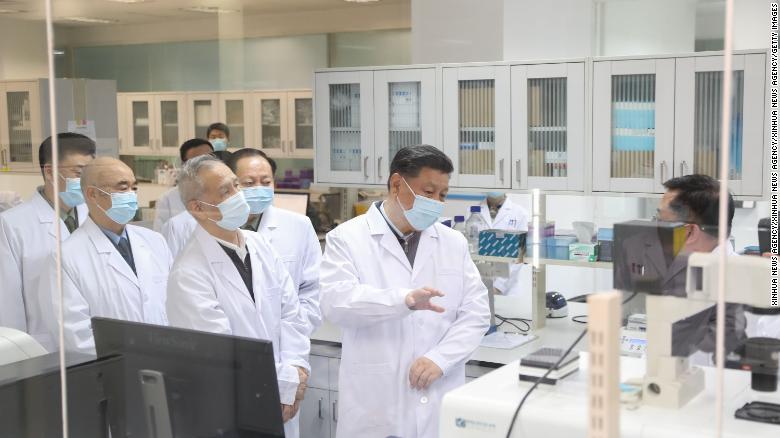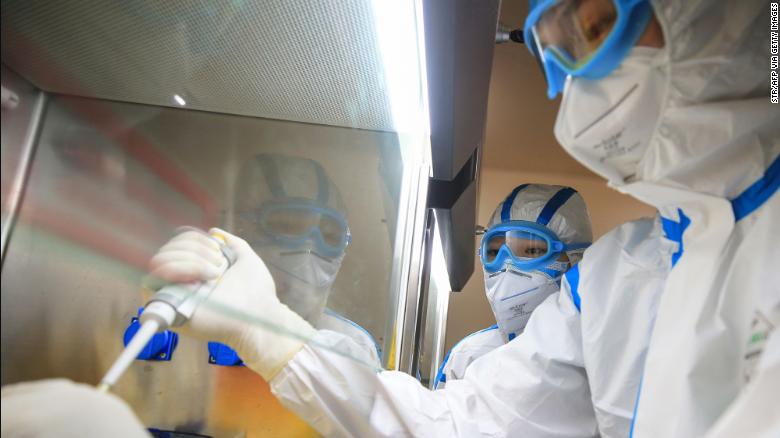Formerly known as...
Collector
21 million is not believable sorry. 
They lying about their numbers but not hiding 21 million worth of bodies type of number.

They lying about their numbers but not hiding 21 million worth of bodies type of number.


 I don't know how they would hide that.
I don't know how they would hide that.

